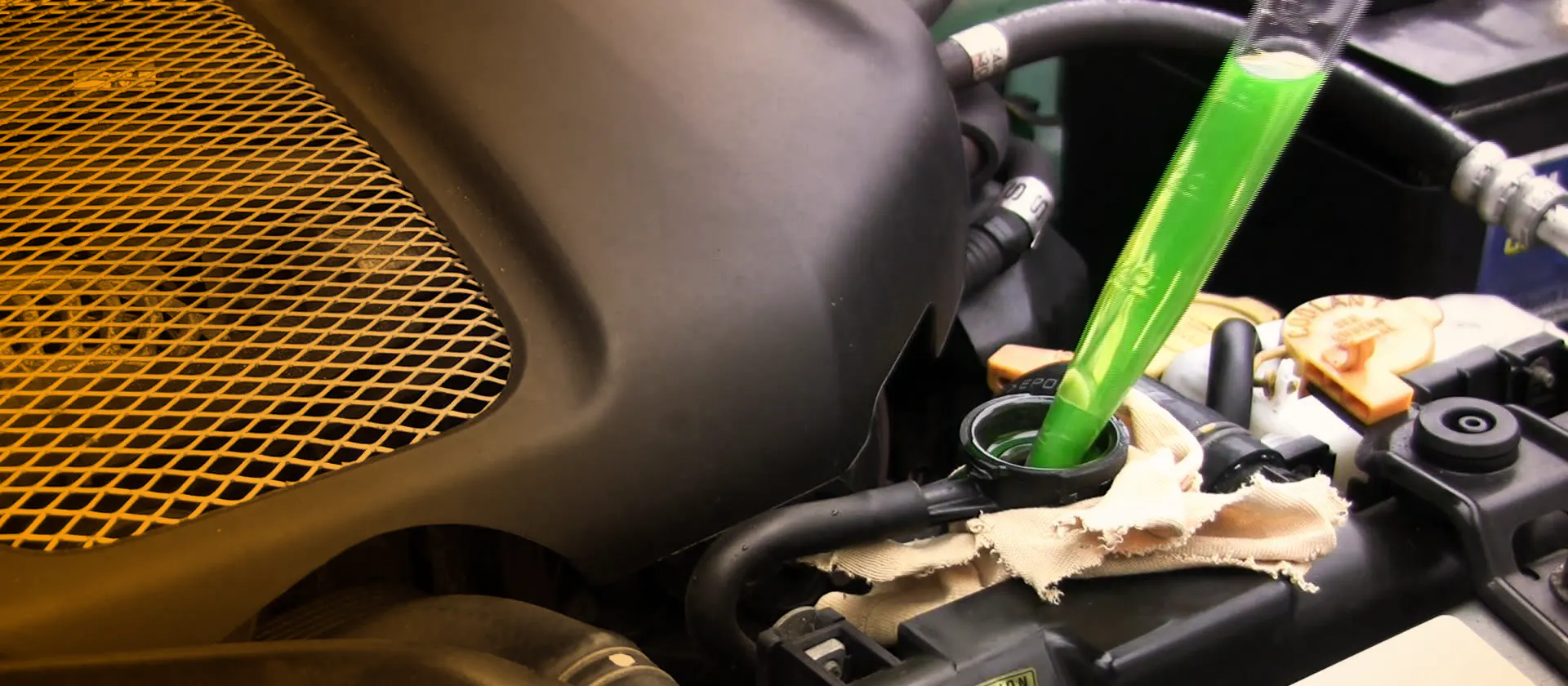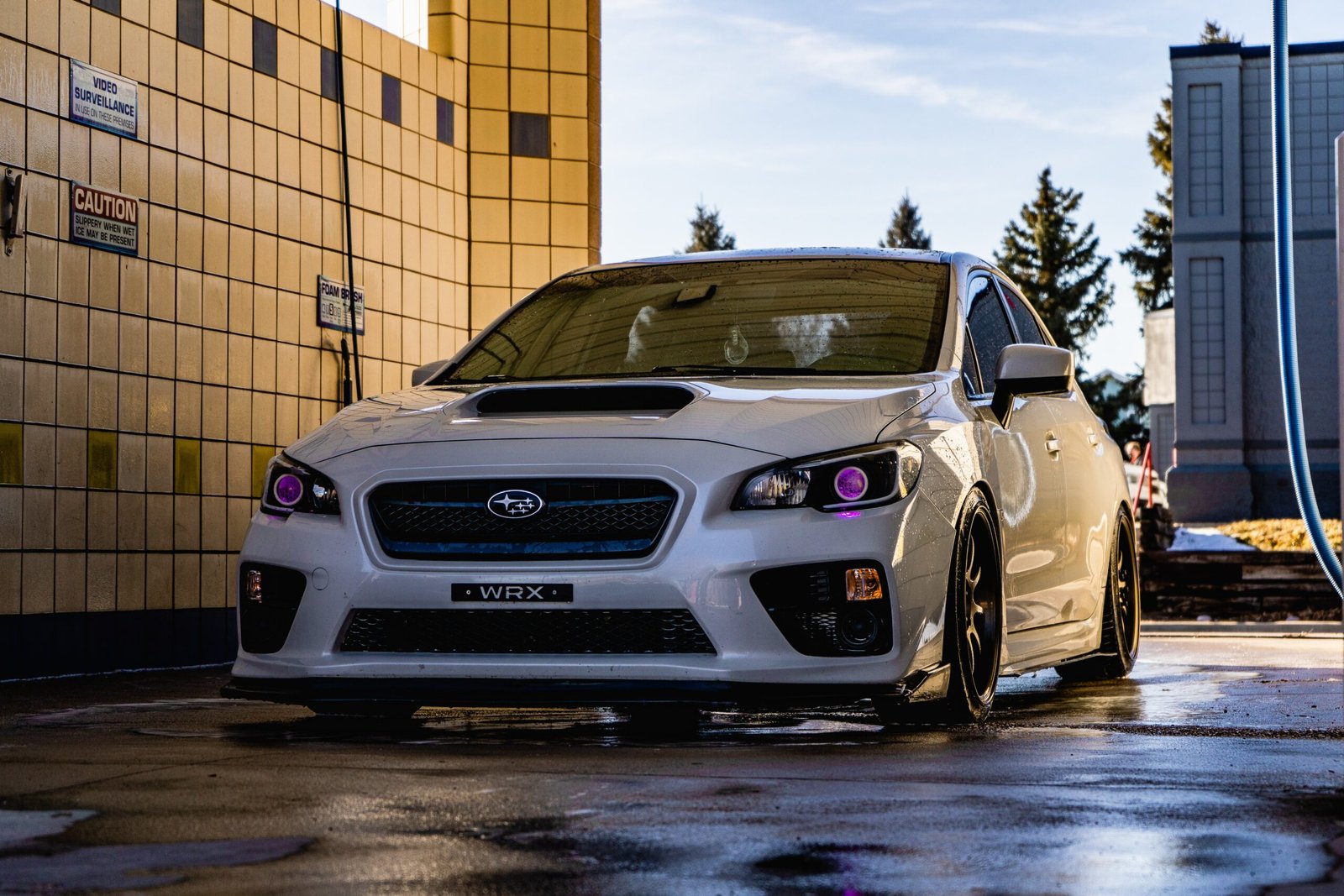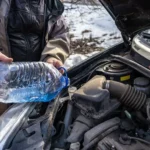
What Is a Car Coolant and What Does It Do?
When it comes to maintaining the performance and longevity of your car’s engine, one crucial component that plays a vital role is the car coolant. In this article, we will delve into the world of car coolant, exploring what it is and what it does.
What is Car Coolant?
Car coolant, also known as antifreeze, is a liquid substance that circulates through the engine’s cooling system to regulate its temperature. It is typically a mixture of water and ethylene glycol or propylene glycol, along with additives to enhance its performance.
The primary purpose of car coolant is to prevent the engine from overheating by absorbing the excess heat generated during combustion. It also protects the engine from freezing during cold temperatures, hence the name “antifreeze.”
How Does Car Coolant Work?
Car coolant works through a process called heat transfer. As the engine runs, it generates a significant amount of heat. The coolant absorbs this heat and carries it away from the engine, preventing it from reaching dangerous levels.
The coolant flows through a network of passages and channels within the engine, including the radiator, water pump, and thermostat. As it passes through these components, it dissipates the absorbed heat to the surrounding air.
Additionally, car coolant contains corrosion inhibitors that protect the engine’s metal components from rust and corrosion. This helps maintain the efficiency and longevity of the engine by preventing damage caused by the buildup of rust and other contaminants.
Why is Car Coolant Important?
Car coolant is essential for several reasons:
1. Temperature Regulation:
The primary function of car coolant is to regulate the engine’s temperature. By preventing overheating, it ensures that the engine operates within the optimal temperature range, maximizing its efficiency and performance.
2. Engine Protection:
Car coolant plays a crucial role in protecting the engine from damage. It prevents the formation of ice in cold weather conditions, which can lead to cracked engine blocks and other costly repairs. Additionally, the corrosion inhibitors in the coolant help prevent the buildup of rust and other contaminants that can damage the engine over time.
3. Preventing Boiling and Cavitation:
Car coolant has a high boiling point, which allows it to withstand the extreme temperatures within the engine. This prevents the coolant from boiling and forming steam bubbles, a phenomenon known as cavitation. Cavitation can lead to localized hot spots and damage to the engine’s components.
4. Lubrication:
Car coolant also acts as a lubricant for the water pump, ensuring smooth operation and preventing premature wear and tear.
When Should You Check and Replace Car Coolant?
Regular maintenance of your car coolant is crucial to ensure its effectiveness. It is recommended to check the coolant level and condition regularly, especially before long trips or during extreme temperature changes.
Over time, car coolant can degrade and lose its effectiveness. It is generally recommended to replace the coolant every 30,000 to 50,000 miles or every two to five years, depending on the manufacturer’s recommendations. However, it is always best to consult your car’s owner manual for specific guidelines.
In conclusion, car coolant is a vital component of your vehicle’s cooling system. It plays a crucial role in regulating the engine’s temperature, protecting it from overheating and freezing. Regular maintenance and replacement of the coolant are essential to ensure optimal engine performance and longevity.

2009 and newer Ascent Brz Crosstrek Forester Impreza Legacy Outback Wrx Coolant




